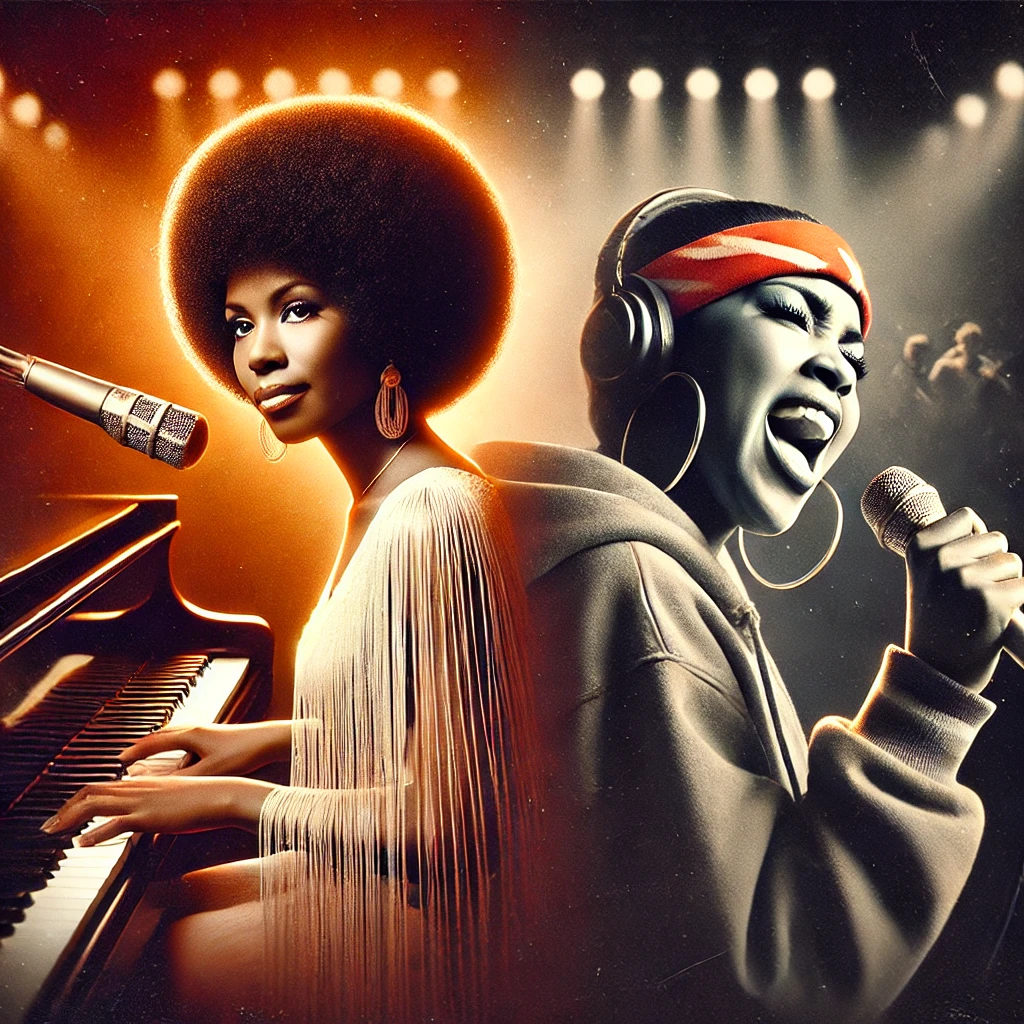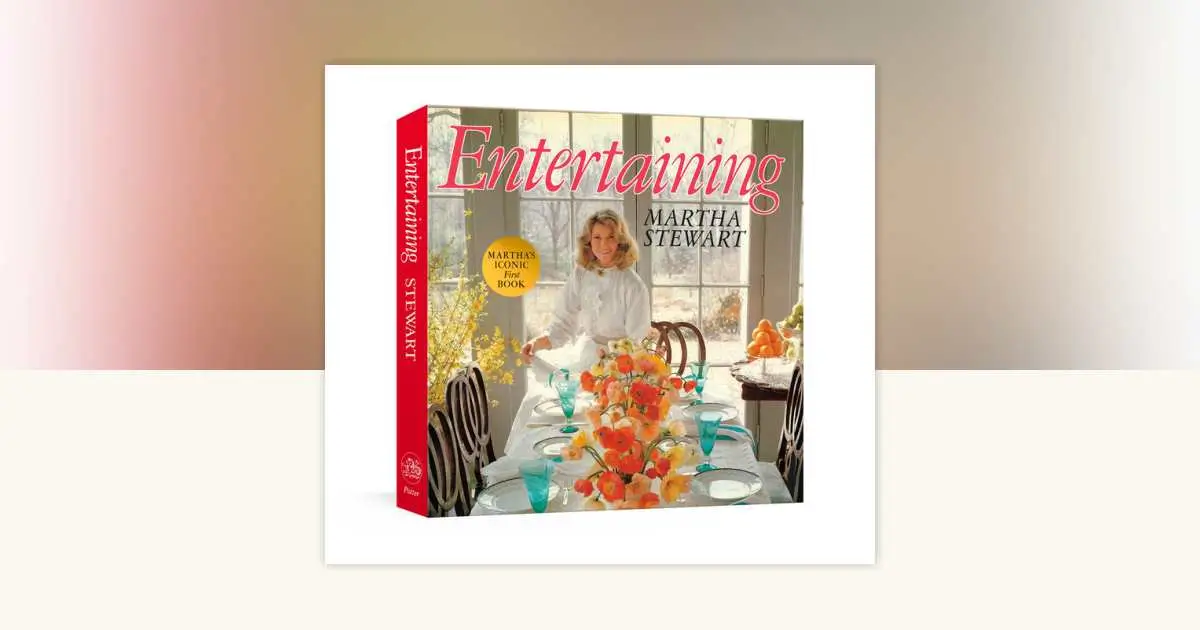Some songs transcend generations, weaving their way through time and finding new life in the voices of different artists. “Killing Me Softly” is one such masterpiece—an intimate, haunting ballad that has moved audiences for decades. Originally popularized by Roberta Flack in the early 1970s, the song found a powerful second life in Lauryn Hill’s rendition with The Fugees in 1996. Each version, though unique in sound and style, carries the same deep emotional resonance, cementing the song’s place in music history.
This tribute explores the origins of “Killing Me Softly,” its journey from folk beginnings to R&B and hip-hop reinvention, and how both Flack and Hill shaped its legacy.
The True Origins of “Killing Me Softly”
While many associate “Killing Me Softly” with Roberta Flack or Lauryn Hill, the song’s origins trace back to Lori Lieberman, a lesser-known folk singer-songwriter in the early 1970s.
According to Lieberman, the song was inspired by her experience watching Don McLean (of “American Pie” fame) perform live. As McLean sang “Empty Chairs,” Lieberman was deeply moved, feeling as if he were “singing her life with his words.” She shared this feeling with lyricist Norman Gimbel and composer Charles Fox, who then crafted “Killing Me Softly with His Song.” Lieberman recorded and released it in 1972, but it went largely unnoticed.
However, the song’s journey was just beginning.
Roberta Flack: The Voice That Made It a Classic
While flying on a plane, Roberta Flack heard Lori Lieberman’s version of “Killing Me Softly.” She was so captivated by the lyrics and melody that she immediately knew she had to make it her own. She later recounted that after hearing the song, she asked the flight crew to repeat it over and over.
Flack reworked the arrangement, giving it a more lush, soulful sound with her signature velvety vocals and intricate piano accompaniment. When she finally performed it live—opening for Marvin Gaye—the response was overwhelming. Encouraged by Gaye himself, she recorded it, and in 1973, Roberta Flack’s version was released to massive success.
Flack’s Pressure and Achievements
• Won Grammy Awards for Record of the Year and Best Pop Vocal Performance (Female) in 1974.
• Spent five weeks at No. 1 on the Billboard Hot 100, solidifying its place as one of the biggest hits of the decade.
• Introduced “Killing Me Softly” to a broader audience, transforming it into a timeless ballad.
Flack’s rendition was intimate yet grand, a deeply personal interpretation that resonated with millions. Her emotive, drawn-out phrasing and delicate piano work made the song both heartbreaking and hypnotic.
For two decades, “Killing Me Softly” was synonymous with Roberta Flack—until another iconic artist redefined it for a new generation.
Lauryn Hill & The Fugees: A Hip-Hop Reinvention
In 1996, The Fugees—composed of Lauryn Hill, Wyclef Jean, and Pras Michel—were at the forefront of a new musical movement that fused hip-hop, R&B, and reggae influences. They decided to remake “Killing Me Softly” for their album “The Score.”
Lauryn Hill, already celebrated for her soulful, gospel-infused vocals, took the lead on the track. Rather than a traditional ballad arrangement, The Fugees incorporated hip-hop beats, record scratching, and a laid-back groove, giving the song an edgy, contemporary feel.
What Made The Fugees’ Version Special?
• Lauryn Hill’s raw, passionate vocals gave the song a fresh, streetwise appeal.
• The hip-hop beat and Wyclef’s ad-libs added a modern twist while respecting the song’s emotional depth.
• Became a global phenomenon, topping the charts in multiple countries.
• Won a Grammy for Best R&B Performance by a Duo or Group with Vocals.
The Fugees’ version introduced “Killing Me Softly” to an entirely new audience, making it a staple in 1990s R&B and hip-hop culture. Lauryn Hill’s interpretation was soulful yet powerful, maintaining the song’s original vulnerability while giving it an urban edge.
Roberta Flack’s Reaction to Lauryn Hill’s Version
When asked about The Fugees’ cover, Roberta Flack embraced their interpretation, expressing admiration for Lauryn Hill’s vocal performance. Flack noted that the song had been “given new life” and praised The Fugees for bringing it to a younger generation while staying true to its emotional core.
Flack’s graceful endorsement of Hill’s version highlights the beauty of musical evolution—how a song can transcend time, genres, and cultures, yet retain its original spirit.
Legacy: The Song That Keeps Resonating
Decades after its first recording, “Killing Me Softly” remains one of the most iconic and frequently covered songs in music history. From acoustic renditions to modern R&B interpretations, it continues to be a staple for artists who want to convey deep emotion through music.
Why Has “Killing Me Softly” Endured?
Universal Emotion – The song’s lyrics describe an intimate, almost spiritual connection between the singer and music itself—a feeling that transcends generations.
Timeless Melodies – Both Flack’s and Hill’s versions showcase the song’s ability to be reinterpreted in different musical styles.
Legendary Performances – Roberta Flack’s soulful delivery and Lauryn Hill’s effortless power both contributed to the song’s lasting impression.
Cultural Influence – The Fugees’ version introduced hip-hop and R&B elements, making the song relevant to 1990s youth culture and beyond.
Even today, new generations discover “Killing Me Softly”—whether through nostalgic playlists, movie soundtracks, or viral social media covers. Its message remains just as poignant, personal, and powerful as when it was first penned.
A Tribute to Musical Evolution
The journey of “Killing Me Softly” from Lori Lieberman’s inspiration to Roberta Flack’s timeless rendition, to Lauryn Hill’s powerful reinvention is a testament to the beauty of music’s evolution. Each artist who has touched this song has left their own unique imprint, yet the song’s core—the raw emotion of being moved by music itself—remains unchanged.
And through them, “Killing Me Softly” lives on, forever resonating with anyone who has ever been touched by a song.
No comments yet.








